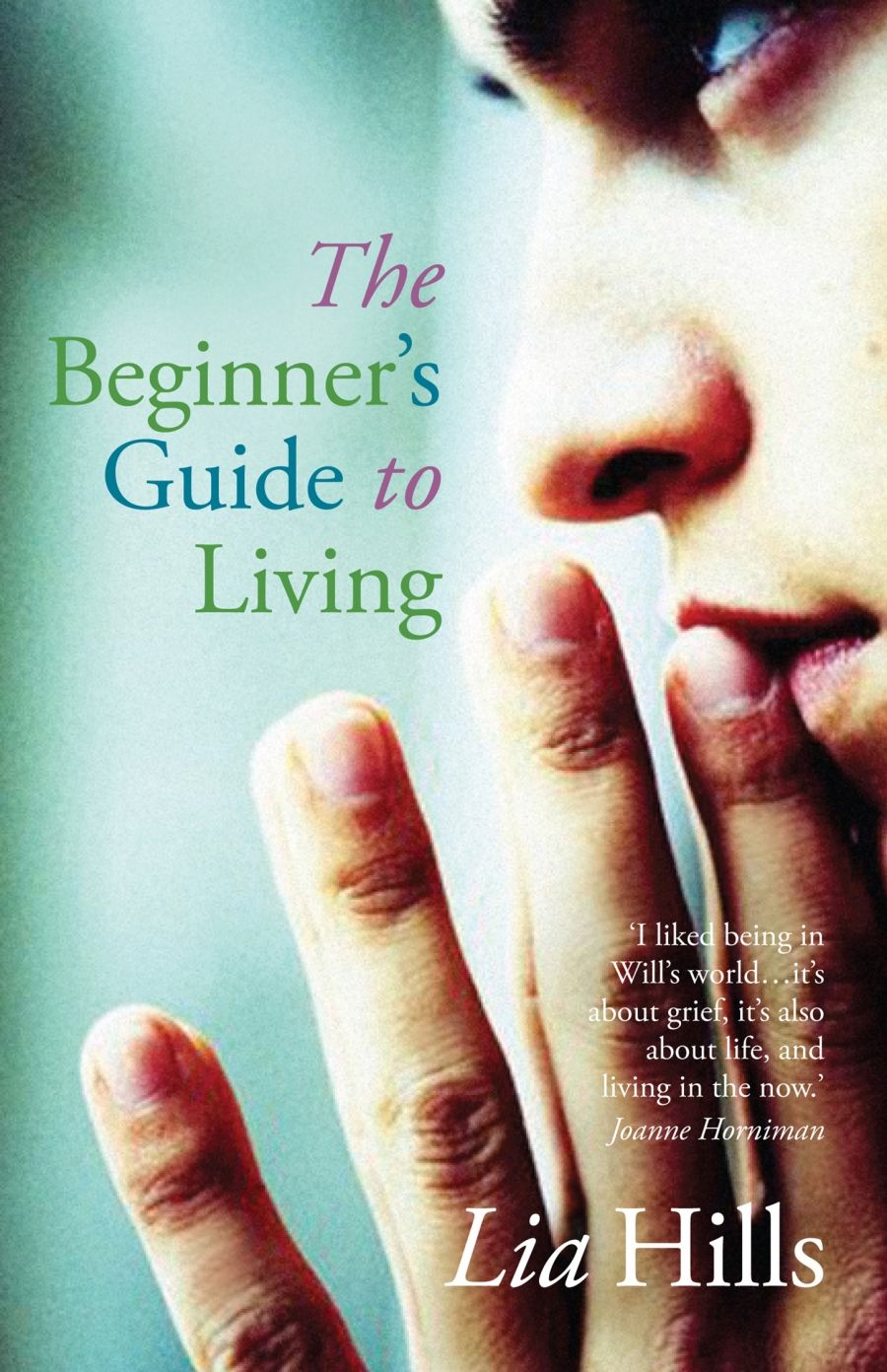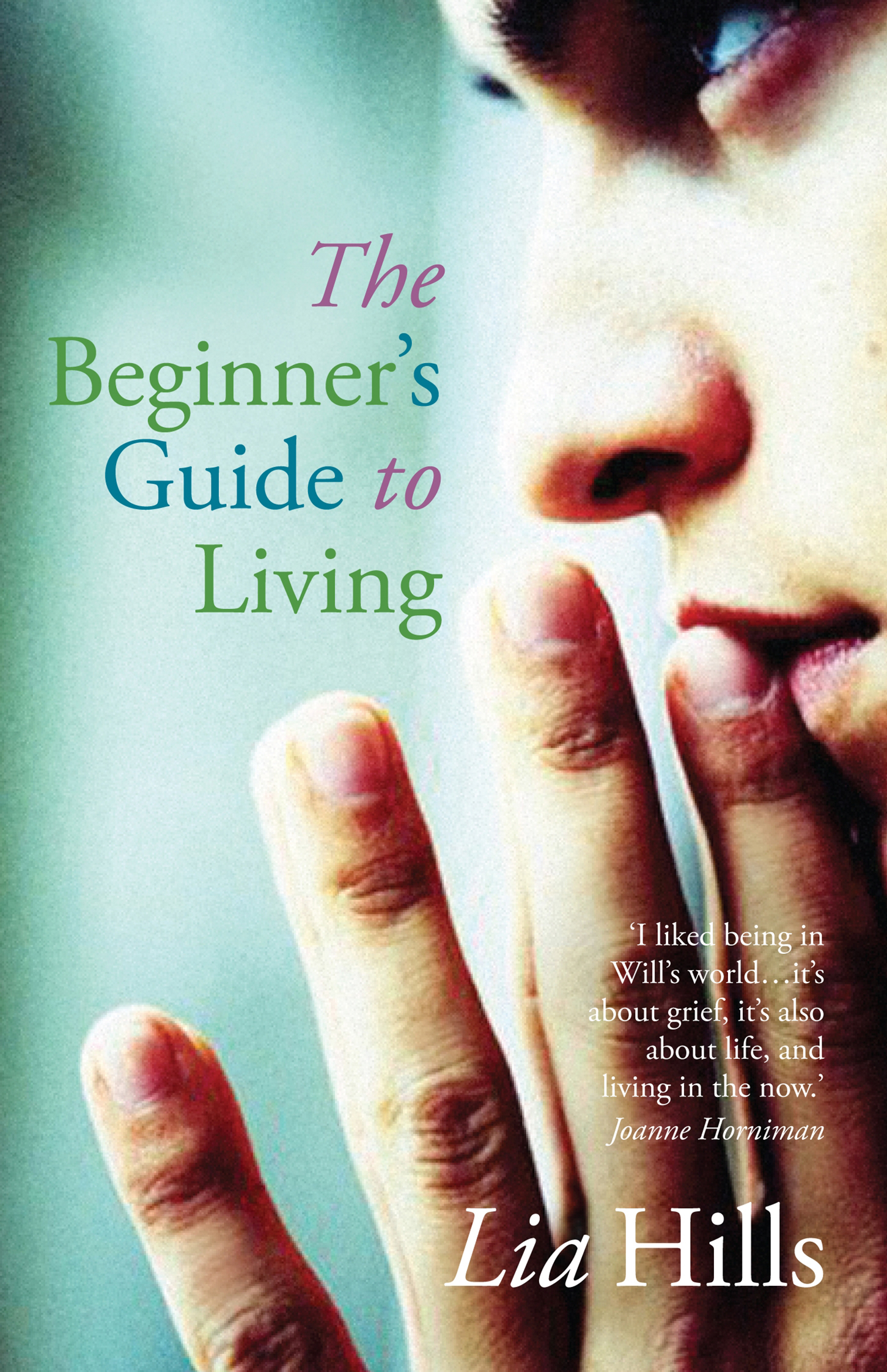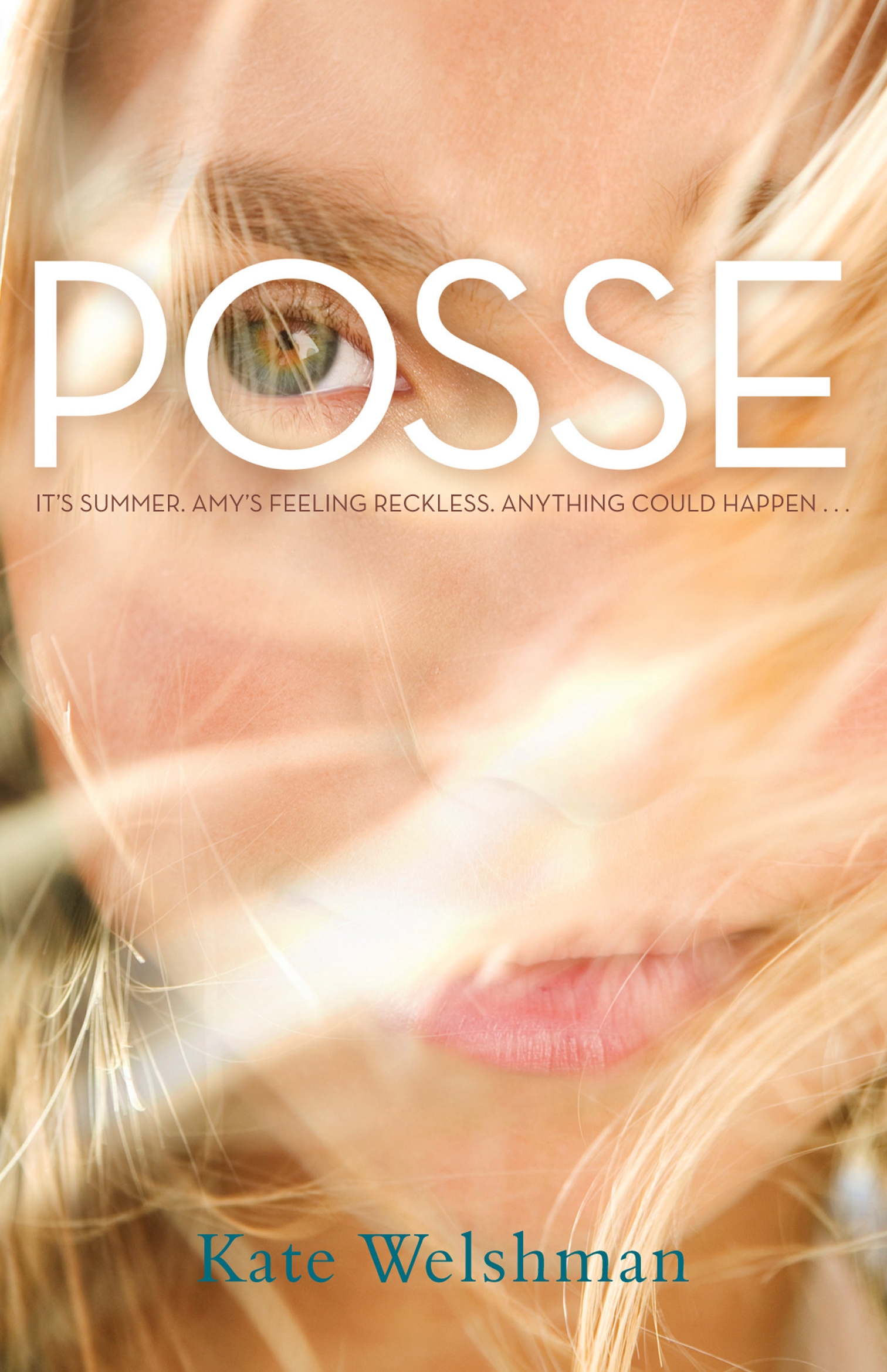
- Free Article: No
- Contents Category: Fiction
- Review Article: Yes
- Article Title: Absent mums
- Online Only: No
- Custom Highlight Text:
A decade ago, when the number of dead mums in young adult fiction had reached epidemic proportions, I drew attention to the phenomenon via the pages of Viewpoint (Vol. 6, No.1), and called for a halt to, or at least a diminution in, the rate of literary matricide. I suggested that authors might find another way of generating sympathy for their young protagonists or, if they were determined to explore grief and loss, kill off other members of the family and give mums a break. For a while, the body count declined, but my recent reading suggests that the number of bereaved protagonists is on the rise again.
- Book 1 Title: The Beginner’s Guide to Living
- Book 1 Biblio: Text, $19.95 pb, 248 pp
- Book 1 Cover Small (400 x 600):

- Book 1 Cover (800 x 1200):

- Book 2 Title: Posse
- Book 2 Biblio: Random House, $18.95 pb, 288 pp
- Book 2 Cover Small (400 x 600):

- Book 2 Cover (800 x 1200):

Abandoning the rational and the objective, Will plunges into the emotional when he begins an intense sexual relationship with Taryn. The pair e-mails each other lines from the great writers of the Western canon. Taryn’s sister, just back from India, introduces him to Eastern philosophy and drugs, and soon Will is smoking hash, dropping acid and adding the thoughts of Sogyal Rinpoche and the Dalai Lama to the dozens of aphorisms in his notebook. He even writes some of his own (‘To open your eyes is to risk getting something in it’; ‘A dead leaf is still a leaf’). He tries to find truth via the lens of his mother’s old camera, grapples with existentialism, makes a half-hearted suicide attempt and is offered words of wisdom from a bush philosopher called Saul. Not much wiser about death, and not at all sure whether he is ready to believe in ‘something beyond logic’, Will comes to accept that there are no answers beyond ‘the divinity of love’ and that life will be whatever he makes of it. Poor Will. If someone had given him a three-day pass to WOMADelaide he might have saved himself nine weeks of angst.
Coping with grief, while hardly an original theme in young adult literature, is a weighty topic. The Beginner’s Guide to Living will be regarded favourably by those who tend to equate serious subject matter with literary merit. Which is not to say that this is absent: Hills endows her teenage narrator with a poetic sensibility. Will observes that his father’s suit is ‘all corrugated with grief’; ‘night collapses’ and dawn ‘leaks’ into his room; and on his scanner an image uploads ‘in layers like a memory’. His narration can also be curiously old-fashioned. When tempted to tear up a particular text, he explains that ‘a lifetime of respect for books works against my desire for revenge’. On the other hand, I cannot recall another title aimed at secondary school readers in which the f-word appears so frequently. Such language is unlikely to disturb the target audience but it wearied this reader, as did the profusion of aphorisms that often seem a substitute for plot. They are just there, to be copied into Will’s notebook, e-mailed to Taryn or scrawled on a wall, without comment or any serious attempt at analysis. At some level, Will knows that such facile engagement is unlikely to yield anything of value, and many readers will too.
I read Kate Welshman’s first novel, Posse, immediately after Simmone Howell’s Everything Beautiful (2008) and had trouble remembering which was which. Both novels are set in isolated Christian holiday camps; both are narrated by large, messy girls with plenty of attitude, who resent their incarceration and constantly challenge the authority of their supervisors; both girls come to grief over an ill-judged involvement with a young male counsellor. One point of difference is that the mother of Howell’s protagonist is dead, while in Posse, Amy just wishes hers were.
Sixteen-year-old Amy hates her mother, whom she describes as nasty, spiteful, bullying, dowdy, unattractive (something her daughter has ‘only appreciated in the last couple of years’) and – unforgivably – big-bottomed (‘from the hips down she just balloons’). Mother and daughter live under the roof, and the domination of, Nanna, ‘the meanest, greediest old bitch’ Amy has ever come across. Her divorced father, a ‘selfish womanising bastard’, is now married to a barrister in her twenties. (‘She’s beautiful and Mum hates her for it.’)
The first half of Posse drips with hate. It also meanders, as Amy’s banal voice (‘She was scratching herself through her shorts like there was no tomorrow’) describes her dysfunctional family, the activities of the camp and the vapid conversations of her school friends, the ‘posse’. A lesbian, Amy also pines for Marina, her fourteen-year-old girlfriend, whom she had to leave back in Sydney.
By chapter eight I still had no idea what the story was about. Then comes the scene that was presumably responsible for the ‘Parental Guidance’ sticker on the back cover: Amy is orally raped by Bevan, the aforementioned counsellor, whose hut she has unwisely crashed one night, largely to spite her friend Clare, who fancies him. Perhaps I was just grateful that after a hundred pages something had finally happened to move the story along, but this graphic scene is written with energy, passion and even humour, and for the first time I felt a tiny bit of empathy for the narrator.
A resilient Amy spills the beans to the posse. Clare reacts, and the second half of the novel is concerned with the aftermath as different stories are told, reputations and careers are put on the line, and authorities attempt a cover-up. Amy berates herself for her seduction of Marina, seeing a parallel with Bevan’s abuse, but rather missing the point that the counsellor is an adult with a duty of care. She is rescued from camp by her beautiful and statuesque stepmother, Lizzie. While driving to their horse farm in her silver BMW, Lizzie dispenses legal advice and bad-mouths Amy’s mother: ‘She used to screw senior surgeons because she thought it would help her career along … She never got anything out of it but genital herpes … which she gave to your father.’ As they say in court, Objection! Lizzie offers the grateful Amy a new home with her and Dad, and Amy privately vows to ‘think more about schoolwork and less about schoolgirls’.
A brief end note informs the reader that the author of this morally ambiguous first novel is a twenty-seven-year-old barrister who lives with her husband and children on a horse farm outside Sydney.


Comments powered by CComment